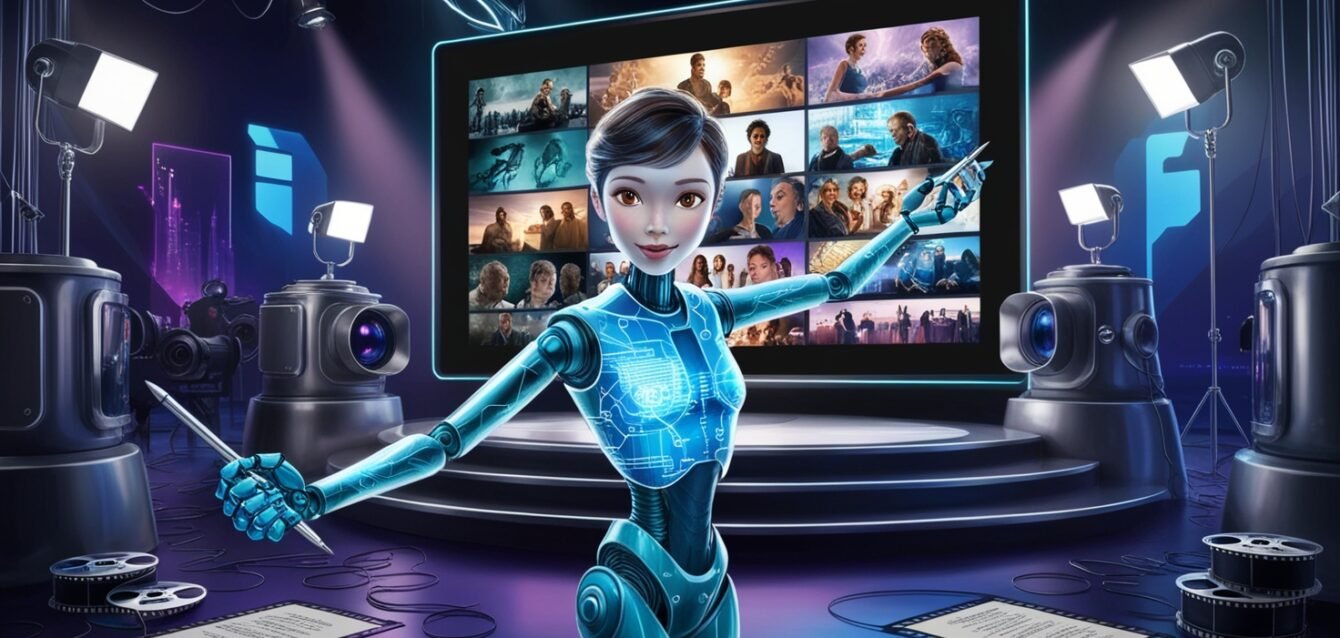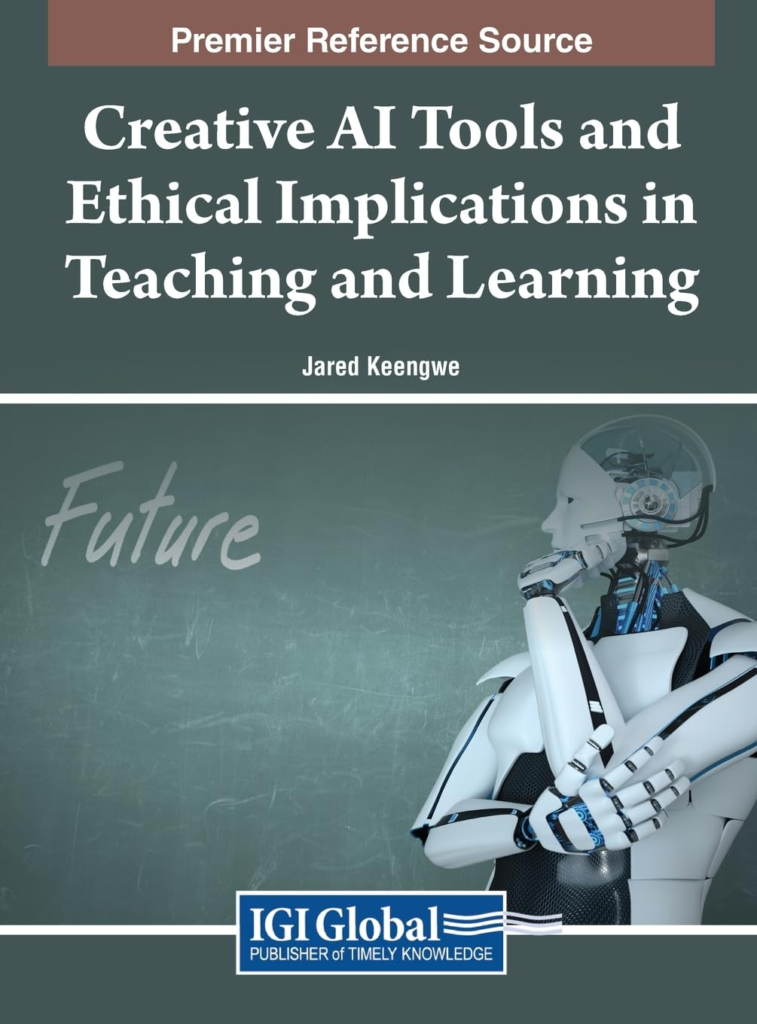AI in Film
Artificial Intelligence (AI) refers to the simulation of human intelligence processes by machines, particularly computer systems. These processes include learning, reasoning, problem-solving, perception, and language understanding. Over the past several decades, AI technologies have evolved significantly, transitioning from theoretical concepts to practical applications across various industries, including film. Within the film industry, AI is increasingly being recognized as a revolutionary tool, capable of streamlining numerous creative and technical processes.
The history of AI in the film industry can be traced back to the early attempts at animation and special effects. As computational power advanced, filmmakers began to explore the potential of AI to improve visual effects, automate tedious editing tasks, and even generate intelligent content. This burgeoning integration of AI has resulted in exciting new possibilities, such as real-time rendering, virtual reality storytelling, and personalized viewing experiences. While the journey of AI in film is relatively recent, its impact is already profound.
Embracing AI technology as a creative tool holds significant importance for filmmakers. It not only enhances efficiency but also allows creators to explore innovative storytelling methods that were previously unimaginable. Traditional filmmaking practices often involve lengthy processes, including storyboarding and editing; however, AI facilitates rapid prototyping and experimentation. By harnessing machine learning algorithms and data analytics, filmmakers can gain insights into audience preferences, enabling them to refine their narratives and improve overall engagement.
This intersection of AI technology and traditional filmmaking practices sets the stage for a deeper exploration of specific applications of AI within the film industry. As we delve into subsequent sections, we will examine the multifaceted roles that AI plays in enhancing creativity, production processes, and even marketing strategies.
(Purchase today by clicking on the image)
AI in Pre-Production: Enhancing Creativity
The pre-production phase of filmmaking is critical, as it lays the groundwork for the entire project. In recent years, artificial intelligence (AI) has emerged as a powerful ally in this stage, assisting filmmakers in various creative and logistical aspects. One relevant application of AI is script analysis, where algorithms evaluate scripts based on narrative structure, dialogue quality, and character development. Tools like ScriptBook utilize AI to predict a script’s potential success by leveraging vast databases of historical film data. This helps filmmakers make informed decisions about whether to proceed with a project or refine the script further.
Budget forecasting is another area where AI proves invaluable. AI models, such as those offered by Helios, analyze past productions to predict costs associated with various film elements. By providing real-time projections regarding expenses, these tools assist filmmakers in creating more accurate budgets, increasing the likelihood of staying within financial constraints during production.
Additionally, AI aids in casting recommendations, as seen in platforms like Cinelytic. These tools analyze actor performances across different genres and demographics, helping directors identify the best fit for their films. Such data-driven insights can potentially lead to casting choices that resonate better with audiences, thereby enhancing the film’s overall marketability.
Location scouting has also been transformed through AI technologies. Tools like Google Earth and SceneScout harness AI to map and analyze potential filming locations based on visual aesthetics and logistical considerations. This data assists filmmakers in selecting places that not only align with their artistic vision but also meet production needs.
Overall, AI serves as a catalyst for creative decision-making during pre-production. By streamlining planning processes and encouraging innovative ideas, these AI tools not only enhance filmmakers’ creative repertoire but also increase the efficiency of project realization.
AI in Production: Transforming Filmmaking Techniques
The integration of artificial intelligence (AI) into the production phase of filmmaking is significantly transforming traditional techniques and practices. AI-driven cameras, equipped with advanced algorithms, allow filmmakers to achieve unprecedented levels of precision in capturing images. These intelligent systems can automatically adjust settings such as focus, exposure, and framing in real time, thereby enhancing the final visual output. For instance, the collaboration between AI technologies and cinematographers enables them to focus more on their creative vision rather than getting bogged down with technical details.
Additionally, AI-powered automated editing software has revolutionized post-production processes. These systems can analyze hours of footage within minutes, identifying the best shots and assembling them into coherent sequences. This not only saves time but also reduces the likelihood of human error, thus improving the overall quality of the film. Filmmakers like Steven Spielberg have experimented with AI tools in their projects, showcasing how AI can streamline the editing process while maintaining artistic integrity.
Furthermore, virtual set design is another area where AI is making waves. By employing AI algorithms to design and render immersive environments, filmmakers can create elaborate and realistic sets without the considerable costs and time associated with traditional methods. This capability is particularly advantageous for independent filmmakers who may have limited budgets yet aspire to produce visually stunning content.
Overall, AI’s influence on the production phase is palpable, fostering enhanced efficiency and enabling directors and cinematographers to make informed decisions on set. Real-world examples, such as the use of AI in films like “The Irishman,” illustrate the significant role AI plays in contemporary filmmaking. As AI technology continues to evolve, its capabilities in supporting creative endeavors promise to further redefine the landscape of the film industry.
AI in Post-Production: Innovating Editing and Distribution
The integration of artificial intelligence (AI) in the post-production phase has significantly transformed how films are edited, visual effects are created, and audio design is crafted. Traditional editing processes often required extensive time and manual effort; however, with the rise of AI-driven tools, these tasks have become notably more efficient and precise. Automated editing software can now analyze footage, suggest cuts, and assemble cohesive sequences based on predetermined criteria, drastically reducing the time required for editing.
Moreover, AI algorithms can enhance visual effects (VFX) by streamlining the creation of complex imagery. Machine learning techniques allow for realistic simulations of natural phenomena, erosion, fire, and even water, providing filmmakers with the ability to produce stunning visual elements that were once time-consuming and costly. These advancements empower even smaller production teams to achieve high-quality results typically associated with larger studios, democratizing access to exceptional cinematic capabilities.
In addition to editing and visual effects, AI also plays a pivotal role in sound design. With tools powered by AI, sound engineers can automatically isolate dialogue, remove background noise, and even create soundscapes tailored to the emotional tone of a scene. This not only enhances the viewer’s experience but also allows for more nuanced storytelling through sound.
Furthermore, the implications of AI extend beyond the creative aspects of filmmaking into distribution. By analyzing viewer data and preferences, AI can help studios develop targeted marketing strategies that resonate with specific audience segments. Personalized content recommendations based on viewing habits ensure that films reach the right viewers, optimizing engagement and satisfaction. Ultimately, the incorporation of AI in post-production exemplifies how this technological innovation is not just enhancing creative workflows but also streamlining the path from production to audience connection.
(Purchase today by clicking on the image)






